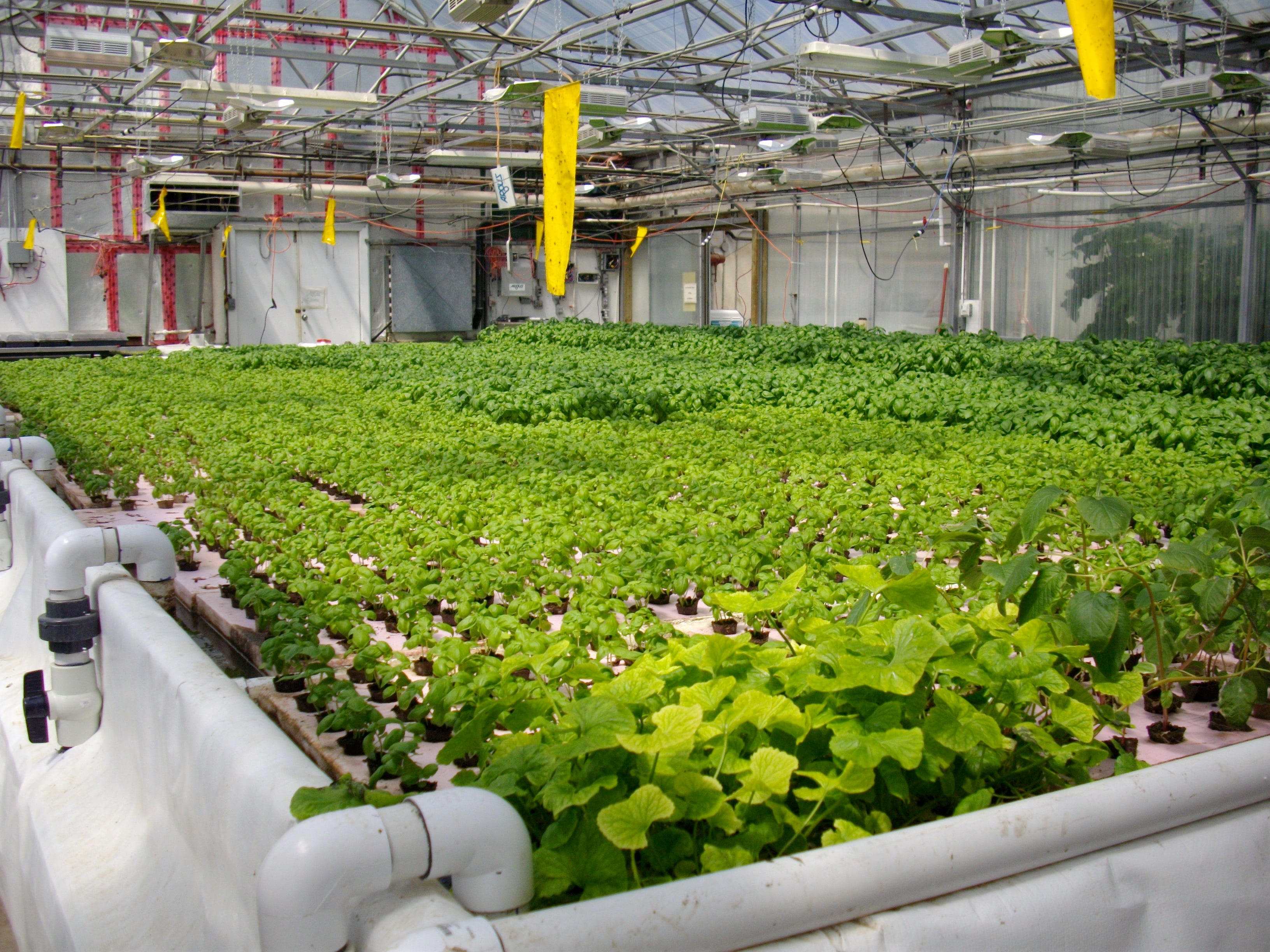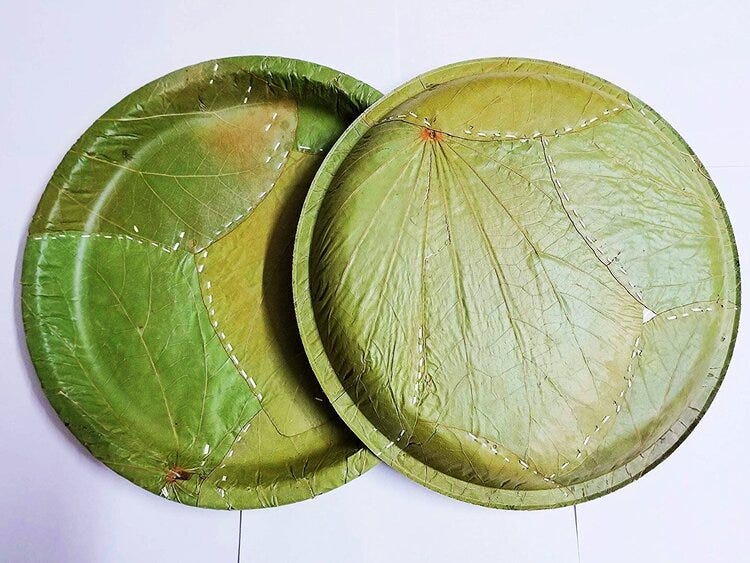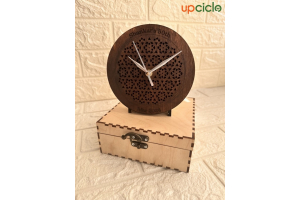Kickstart Your Eco-Friendly Lifestyle

In India, waste management has always been a hard feat to overcome, both by the public as well as administrative bodies. In order to accommodate the buying habits of people in smaller quantities and more frequent purchases, more and more plastic has been making its way to the landfills, ending up in the ocean and lakes, being thrown out by families in outdoor locations, etc. Sometimes we are forced to buy a water bottle outside or consume biscuits that come in 2 layers of plastic packaging, and even the ones that come individually wrapped. There has been a recent positive impact though, since the ban of single-use plastics, which finally pushed all small shops and food establishments to switch to more eco-friendly products. Even if plastic bags are given out today, it is ensured that they are under a thickness of 50 microns, which is safe to be disposed of and decomposed naturally.
One of the greatest issues we face is the wastage of resources for each and every life process, the production and distribution of various objects that end up using fuel, labour, and come with a brief shelf-life, where food is involved. It was found that at least a third of all food produce ends up going to waste. To tackle this concern, people invented an effective way of growing local produce, no matter the weather conditions, water supply, and soil quality, anywhere in the world. Using techniques like hydroponics, aquaponics, and aeroponics, farmers moved into a new era of maximum yield and premium quality produce — using a controlled environment, and even utilising nutrient-rich fish waste, to water plants. Aquaponic systems take up less than half the water that would be required for a traditional farm that gave the same yield, while barely occupying much physical space. In its early stages, it does seem like an expensive method to cultivate crops, but the advantages are many, and it will soon be an affordable and accessible alternative, to avoid the depletion of forests. One positive outcome of this practice is that we don’t have to count on a vegetable or fruit which cannot be grown in our country, to be imported and still remain affordable, while also staying fresh till the time of consumption. These technologically advanced farms are managed with minimum labour, without resorting to harmful practices like slash and burn, which are destructive to the earth and cause high levels of pollution.

As wisely stated by Plato, “Necessity is the mother of invention” — no matter the material or the activity, we will find a way to make the best of what we have so that its purpose is served and the results are achieved. When something we own is unable to perform its basic functions, there is always an option to turn it into something else — repurpose, redesign, improvise for an entirely different reason. Sometimes, an old item you no longer use can be seen as less of a burden and more of an opportunity for your creativity, practicality and sense of style. It’s actually a great way to move forward by utilizing whatever you have — for aesthetics, smart storage or improvised engineering.
Sometimes we come across epic videos of farmers and daily wage workers who have created their own tools or devices that help them accomplish their tasks with much ease — from using a whisk attached to a commercial drilling machine, to a coconut tree climber made of tight chords and metal springs, people are always inventing their way through life to be as productive as possible. There’s also ways to create statement pieces within your home using eco-friendly materials like coconut fibre rope, clay, reclaimed wood and so on. While some can be made easily as a fun DIY activity, many of these cute, earthy products can be bought online at affordable prices. You can create an aesthetic corner within your home with a miniature garden of indoor plants, papier-mâché products, wooden carved toys and other interesting elements which are not only sustainable and biodegradable, but will also last long.

As for disposable serveware and cutlery, why not ditch the plastic and use natural elements which are readily available and BPA free? The same can be applied in our daily lifestyle, in something as basic as disposing garbage. Check out these hand stitched plates made out of leaves and plant fibres, as well as fully compostable plastic bags that will not pollute the environment, clog waterways and pile up in landfills. In our time of need and to reverse the extent of damage and exploitation to the earth, it is our responsibility to clean up, by making sustainable choices and taking care of the earth for further generations. Support local organisations, use organic products — reuse, reduce, recycle. Let’s buy less and invent more — let’s upcycle, and heal the world of plastic entirely.




